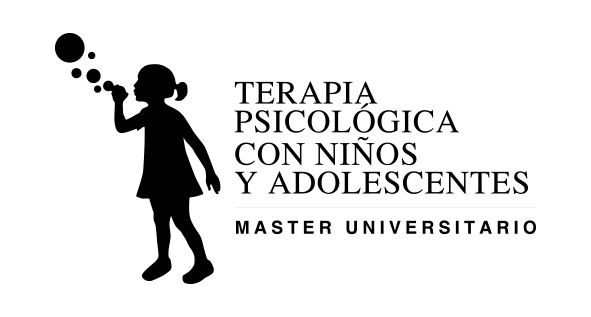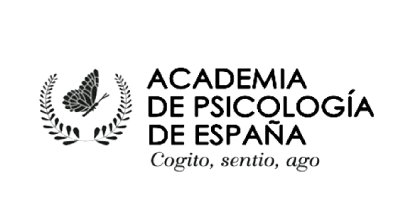Inmaculada Gómez
University of Almeria, Spain
Intervention with families from a transdiagnostic model: the role of emotional regulation, tolerance of discomfort and values
There are several studies that show the role of families in the promotion of emotional well-being in childhood, as well as the possible risk factors that may be involved in parental educational styles and practices. However, there is not as much evidence regarding the role of more experiential factors in families such as: emotional regulation, psychological inflexibility and clarification of values. This symposium aims to illustrate the role of cognitive and emotional aspects of families as risk or salutogenic factors in the emotional and behavioural well-being of their children. All this from a transdiagnostic perspective and from an integral approach. Four communications will be presented that deal with analysis, evaluation and intervention in the processes of emotional regulation, tolerance to discomfort, psychological flexibility and values in families. A first introductory presentation analyses, from a transdiagnostic perspective, the role of emotional regulation, low tolerance of discomfort, difficulties in clarifying values and inflexibility in families as barriers to exercising a functional and positive parentality that can promote emotional well-being in parents and children. A second presentation provides validation data, according to this transdiagnostic model, through a broad systematic review of interventions in families from contextual therapies. Revision of what can be abstracted as one of the common elements of these therapies the emphasis on emotional regulation as one of the roots of parentality; and from which a protocol of intervention in group settings (family schools) is presented. A third presentation analyzes a case series study with family intervention through third-generation therapy strategies for promoting parental psychological flexibility, emotional regulation, and life satisfaction; as well as reducing parental stress. A fourth presentation illustrates a protocol of intervention in Emotional Regulation and Values through a case study with families.
Inmaculada Gómez Becerra is a professor at the University of Almería, has 3 six-year terms of research and 4 five-year terms of teaching (with the special mention of Teaching Excellence Award). Her research work focuses on the analysis of risk factors and protection of psychological problems in childhood and adolescence, with emphasis on emotional education and parental educational styles, intervention with families from third generation therapies, and virtual reality strategies for managing emotional distress in children, adolescents and families. She has more than 115 publications, more than 145 participations in congresses, and 12 research projects; she has directed 6 doctoral theses; she is a reviewer of national and international journals and member of different scientific committees. She directs the research group “Avances en investigación y epidemiología con infancia, adolescencia y familias” (Advances in research and epidemiology with childhood, adolescence and families). She has participated and/or coordinated different training activities for professionals from different fields (education, psychology, medicine), and has carried out numerous schools for parents. She holds the title of General Sanitary Psychologist and collaborates as a Family Therapist in the Inpaula Neurorehabilitation Center (EBT-Spin off of the University of Almeria).













